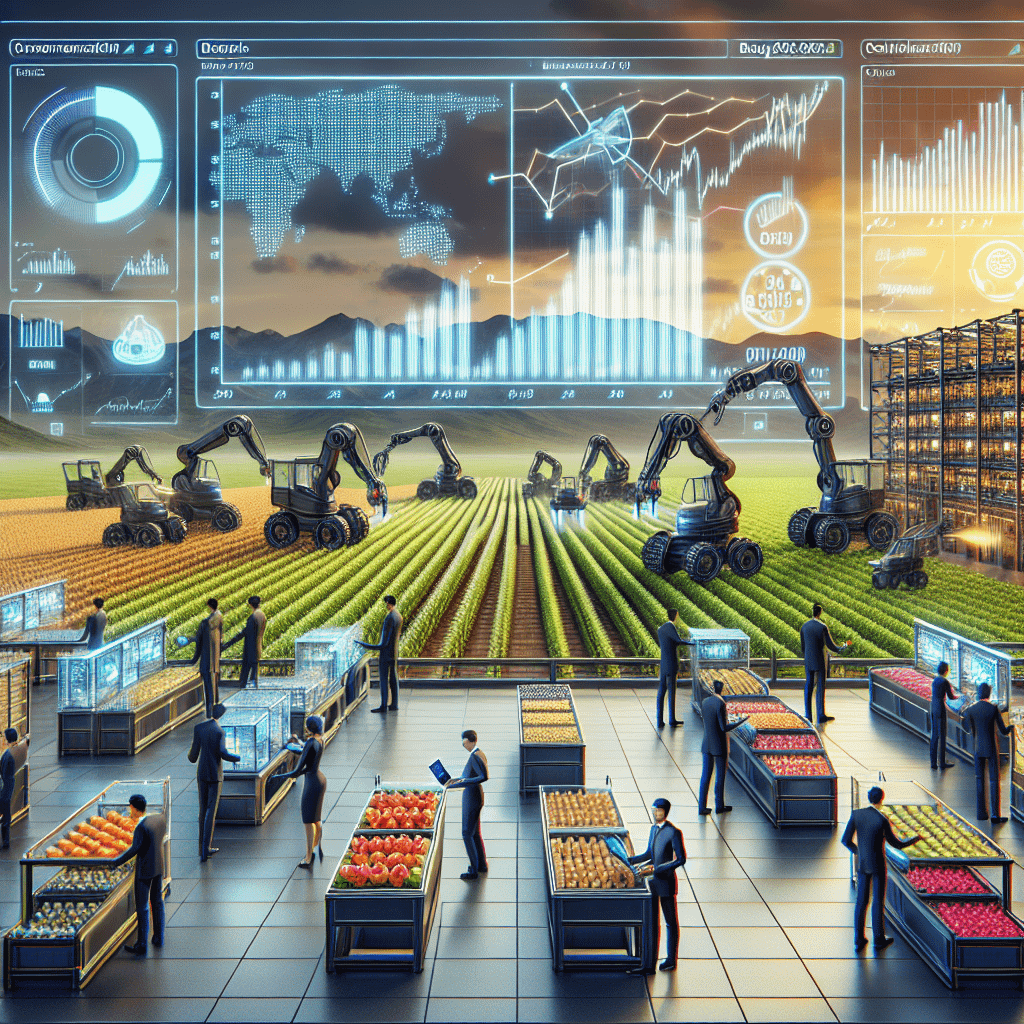Mr. Yoshida’s Japanese-style barbecue sauce was acquired by Heinz almost 25 years ago—but the food giant nearly killed the brand. So its 75-year-old immigrant founder bought it back this year and is ready to “go, go, go.”By Chloe Sorvino, Forbes StaffThe labels on Mr. Yoshida’s Japanese-style barbecue sauce have long featured a photo of its charismatic founder in his signature look: a cowboy hat, glasses, and a wide, yee-haw smile. The joy emanating from his grinning floating head is a key part of the image that Yoshida has fostered over the past four decades as his brand grew.
“That history of a great American dream is still surviving in this country,” says Junki Yoshida, who recently turned 75. “It’s me.”
The optimism belies what has been a sweet and sour ride for Yoshida. After the Kyoto-born entrepreneur moved to Seattle at age 19, his family renounced him. So there was a soupçon of revenge stirred into the recipe when, in 1982, he started creating a sauce in his Oregon basement—inspired by what his mother had sold at her restaurant in Japan. The eponymous brand he launched grew into a major success—with sales of $25 million before the U.S. distribution rights were acquired in 2000 for $24 million by the American food giant Heinz (now Kraft Heinz).
And then a business that Yoshida claims had commanded 26% of America’s total teriyaki sales slowly got killed over the past two decades. But Yoshida didn’t let that end his story. His repurchase of Mr. Yoshida’s was the most significant food buyback of 2024—and the early success of its return to Costco, Sam’s Club, Safeway and Albertson’s as well as its first-ever launch on Amazon has paved the way for Mr. Yoshida’s to regain its position as a major player in the condiments industry.
“Heinz destroyed Yoshida’s brand,” he says with the same grin featured on his labels. “I wanted to start over again.”
Yoshida took the risk knowing his most loyal customers still existed. Since the sauce disappeared from shelves in March, Yoshida says his business received complaints from thousands of previous customers. At the brand’s peak, Yoshida says he was receiving 300 emails a day, in addition to social media tags. Since fully relaunching in August 2024, the company anticipates its fourth quarter 2024 sales will end up at about $7 million, or roughly the same as what Kraft Heinz pulled in for the brand prior to the sale.
Mr. Yoshida’s is manufactured out of a 150,000 square foot production plant in Portland, Oregon that has been in operation since 1994. The plant is capable of producing over 25,000 gallons a day, and once Yoshida reacquired the rights to his U.S. sales, the process was turnkey.
It still took a lot to get here. Earlier this year in April, Yoshida engineered the repurchase of the U.S. brand’s assets. The purchase price remains undisclosed, but Forbes estimates Yoshida Foods spent less than $1 million, a steep discount from what Heinz paid

